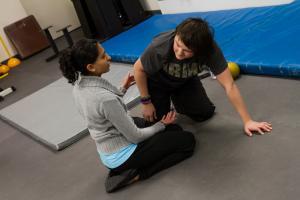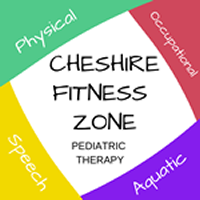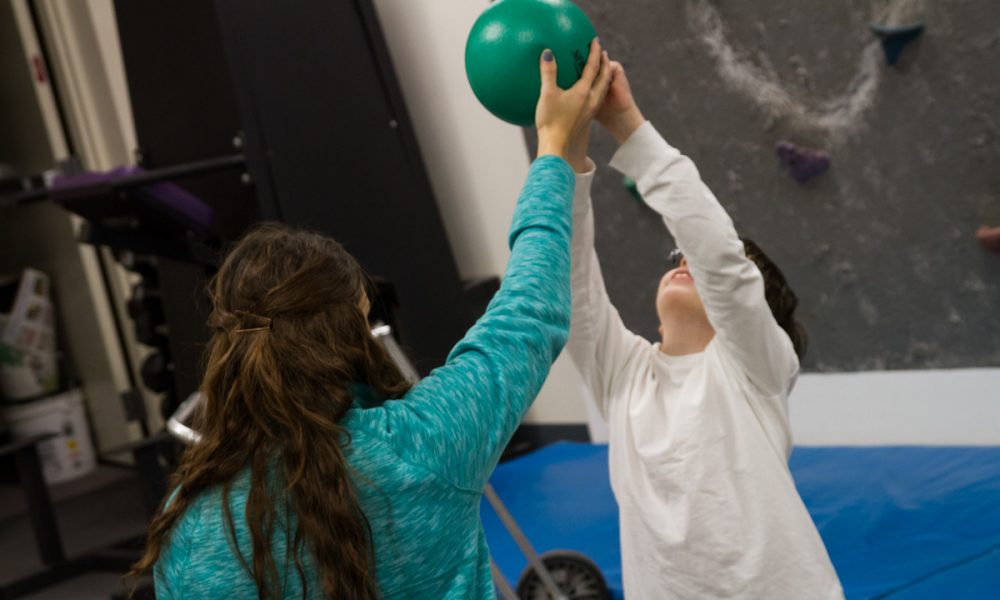For most people, arthritis is a problem that only afflicts the elderly. Depending on the severity of the condition, it can impair movement and prevent exercise, which is of course detrimental to general health. You can click here to see how this is handled at senior assisted living facilities, where they naturally see this condition often. Thankfully, as a specialized facility, they can take special and personalized care in order to more effectively attempt to resolve the issue for the patient. While it’s true that the condition is more prevalent among seniors and other older folks, it’s far from the case that only they suffer from arthritis.
Juvenile rheumatoid arthritis, or JRA, is a condition that affects tens of thousands of children across the country, causing pain, swelling, and stiffness of the joints.
If your child is suffering from juvenile rheumatoid arthritis and you’re looking for treatment in Connecticut, Cheshire Fitness Zone offers effective, compassionate physical therapy services including aquatic therapy, soft tissue massage, occupational therapy, and more. Get in touch to make an appointment or keep reading to learn more.
Juvenile Rheumatoid Arthritis: Signs and Symptoms
As with arthritis in adults, rheumatoid conditions in children manifests as inflammation and swelling of the joints, causing pain and discomfort.
Every case of juvenile arthritis is unique, but signs and symptoms can include the following:
- Joint pain
- Stiffness
- Discomfort during exercise
- Fatigue and irritability
- Excessive clumsiness
- Reduced range of motion
- Swollen joints
- Limping when walking
- Visible redness of the affected joints
- Swelling of the lymph nodes in the neck
- Fever
Depending on how many joints are affected, JRA may be referred to as pauciarticular, polyarticular, or systemic.
- Pauciarticular: Affects four or fewer joints
- Polyarticular: Affectes five or more joints
- Systemic: Affects both joints and inner organs
What Causes Juvenile Arthritis?
In most cases, juvenile arthritis is the result of an autoimmune disorder, meaning the child’s immune system attacks healthy tissue instead of bacteria and viruses.
The root cause of these autoimmune responses isn’t always understood, but many doctors believe it may be a combination of genetic factors and environmental triggers such as a viral infection.
In other cases JRA may be idiopathic, which means an exact cause isn’t known.
Particular risk factors aren’t known for JRA, although for reasons that aren’t understood it tends to affect more girls than boys.
Diagnosis and Treatment for Juvenile Rheumatoid Arthritis
 Diagnosis of JRA can be difficult, as symptoms may overlap with those of other conditions such as sports injury, Lyme disease, and others. Some tests that are helpful in diagnosing JRA include blood count tests, X-rays, MRI scans, rheumatoid antibody tests, and others.
Diagnosis of JRA can be difficult, as symptoms may overlap with those of other conditions such as sports injury, Lyme disease, and others. Some tests that are helpful in diagnosing JRA include blood count tests, X-rays, MRI scans, rheumatoid antibody tests, and others.
Once a diagnosis is made, a child will likely be referred to a pediatric rheumatologist or other specialist.
Treatment for juvenile arthritis usually includes a combination of drugs (anti-inflammatories such as ibuprofen are common), exercise, and physical therapy.
The main goals of treatment are to reduce pain and discomfort, reduce swelling, increase mobility and strength, and prevent long-term complications.
Physical Therapy for Juvenile Arthritis in Connecticut
If your child has juvenile arthritis and their pediatrician or pediatric rheumatologist has recommended physical therapy as part of treatment, Cheshire Fitness Zone can help.
Located in Cheshire and Meriden, Cheshire Fitness Zone offers multiple therapeutic services that may be able to help children with JRA.
Pediatric Physical Therapy Services
Cheshire Fitness Zone’s pediatric physical therapy services specialize in increasing strength and mobility and reducing discomfort through individualized strategies and interventions.
Aquatic Therapy
Aquatic therapy uses water immersion to reduce the burden on joints while still allowing for a full range of motion. This makes it ideal for many children with arthritis, whose joints may not easily tolerate land-based therapy.
Occupational Therapy
Occupational therapy is designed to help children acquire or reacquire the skills needed to perform the activities or “occupations” of daily life. Occupational therapy is a common recommendation for children with arthritis, as the condition can affect daily tasks such as dressing or playing.
Contact Cheshire Fitness Zone
To learn more about treatment for pediatric arthritis at one of Cheshire Fitness Zone’s two locations, get in touch by calling (203) 250-9663 or using this convenient online form.
[contact-form-7 id=”537″ title=”Contact Us form”]



